What is a Project Sponsor?
Organizations handle projects to gain benefits (in either monetary or non-monetary terms), achieve goals, and satisfy client needs. Individuals who hold management positions can be at various different levels in an organization. Their most important tasks include achieving the organizational goals and setting the project management culture within the organization. A Project Sponsor is a high-level manager who accomplishes particular tasks by focusing on specific outcomes of a project. Because project managers can not understand everything and perform every task in a limited time period. In this article, we will answer, What is a Project Sponsor? by providing definitions and discussing the project sponsor roles and responsibilities.
Table of Contents
Project Sponsor Definition
People have specific titles depending on their responsibilities within a project. Without a well-defined organizational structure, projects would be out of control because nobody knows what they are authorized to do. A hierarchy defines the reporting lines within the organization. The project sponsor is one of the most important roles for the success of a project because its influence directly affects the outcome of the project.
The project sponsor is someone or a group of people who owns the project. Even if they don’t manage the day-to-day operations of a project, they affect the project manager because they are on the above level.
They are involved in the project from the very beginning. According to the PMIs PMBOK Guide, the project sponsor is an individual or a group of people who provides resources and support for the project, program, or portfolio for enabling success.
Various types of projects can have various types of project sponsors. For instance, a state official can be an example of a project sponsor who is responsible for a government project. On the other hand, in a construction project, the chief operating officer might be the sponsor.
What is the Role of a Project Sponsor?
According to the definition given above, a project sponsor often has the overall accountability for a project. One of the most important roles of them is to promote a culture of project management excellence in their organization. Because organizational culture has an influence on managerial issues and tasks such as project prioritization, risk management, contingency, communication, and stakeholder management. When the culture shifts within an organization are encouraged by senior-level management, they will be more successful.
A sponsor plays an important leadership role through a series of the following areas;
- Provides his/her expertise and knowledge to the project manager and the team when needed.
- Provides guidance for selling and marketing issues.
- Makes decisions for the issues that are beyond the authority of the project manager.
- Improves and expedites communications and collaborations among the project team, customers, and stakeholders.
- Acts as a spokesperson to the senior management.
- Participates in initial planning works (project charter, scope)
- Negotiates funding
- Negotiates with stakeholders and customers.
What are the Responsibilities of a Project Sponsor?
The responsibility of a project sponsor can be grouped into three categories which are vision, governance, and value. Their responsibilities include but not limited to initiating, ensuring, approving, and establishing a series of key aspects within a project.
Vision
- Ensures that the business case is up to date and the business proposition is applicable.
- Ensures that the project is aligned with the business strategy.
- Defines the success criteria for the project
- Stays informed of project trends and events to ensure the project is viable.
Governance
- Makes sure that the project is properly launched and initiated.
- Makes sure that the appropriate organizational priority is maintained.
- Provides support for the project manager and the team members.
- Defines the reporting hierarchy and identifies the roles.
- Acts as an escalation point for issues that are above the authority level of the project manager.
- Provides approval on decisions regarding the progress and phases.
- Gets financial resources for the project
Value and Benefits
- Makes sure that the risks and changes are managed well and the decisions are made associated with them.
- Makes sure that the control mechanisms are set
- Makes sure that the project delivers the anticipated value
- Evaluates the progress, performance, and status of the project
- Participates in decision making and planning
When business conditions and circumstances change throughout the project life cycle, the sponsor initiates appropriate actions to keep the project viable.
The Relationship Between the Project Sponsor and the Project Manager
Project success can be achieved with the help of close communication within the project team. However, in most of the projects, the project manager or the sponsor does not know what their role is about. Project managers often focus on completing their projects on time and budget without focusing on any additional success criteria. They think that a sponsor out of their way will be more beneficial than a sponsor who is inside all the decisions.
Project Sponsors are often too busy to participate in detailed decisions. Therefore, they often leave the project on the hands of the project manager and make decisions just for the financial resources. However, without close coordination between the manager and the sponsor may cause deviations from the plans because project management is not just about managing resources.
What Does a Project Sponsor Do Throughout the Lifecycle of the Project?
There are specific tasks to be performed by the sponsor throughout the project life cycle. Sometimes they are clearly seen in all the phases. However, in other situations, they are nowhere to be found.
- Initiation
During the initiation phase, the project sponsor selects the project manager and defines his level of authority. Makes sure that the initiation activities are performed properly. Participates in the kickoff meeting and provides inputs for the project charter.
- Planning
The project sponsor evaluates the plans and ensures that they are feasible. Prioritizes the project items considering the organizational needs. Observes the productivity of the project team.
- Implementation and Control
Evaluates the progress of the project with the project manager and provides his knowledge and expertise regarding the performance problems. Encourages the project manager and team members to solve their own project problems. Acts as an additional line of communication with customers and stakeholders to run the project smoothly.
- Closing
During the closing phase, the project sponsor evaluates the project performance based on the success criteria and ensures sign-off is completed.
Conclusion
In a project, if the project manager, the project team, and the sponsor speak the same language, everybody benefits. Therefore the role of project sponsorship should be well understood. As you see from the above, the role of project manager is different than the role of project sponsor because they have different missions.
Note that the project sponsor definition is an important concept from a PMP Certification Exam point of view. Therefore, we recommend you to know who is a project sponsor and what are the roles and responsibilities.
Further Reading
Irwin Michael Reston is an expert who has more than 30 years of experience in optimizing businesses, inspiring individuals and improving human resources departments. He established the BlueLight Consulting Limited to provide learning and training service worldwide.

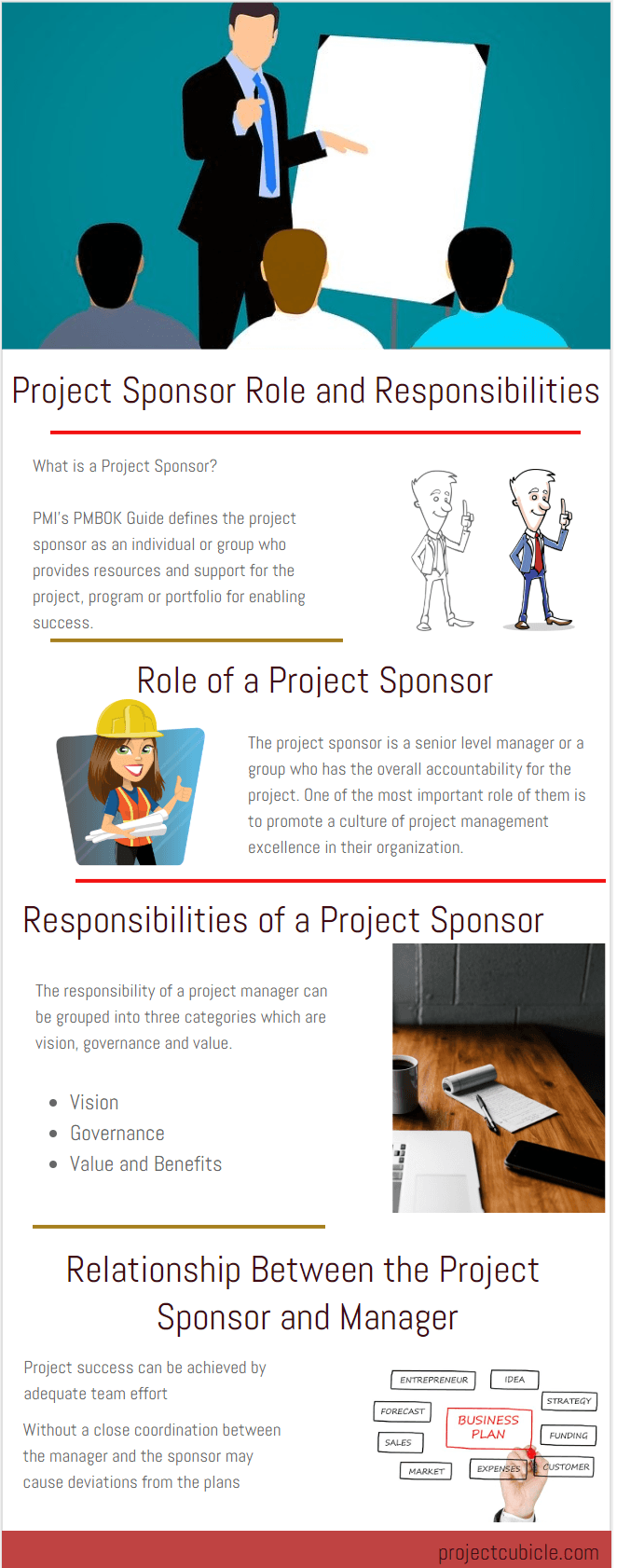
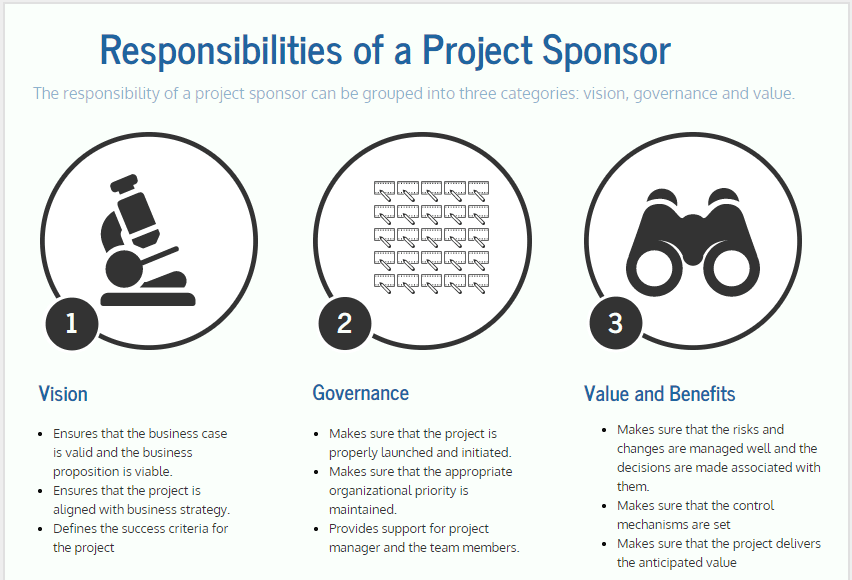


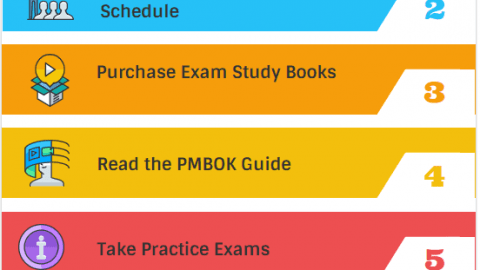


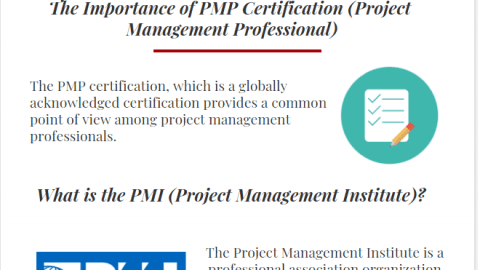
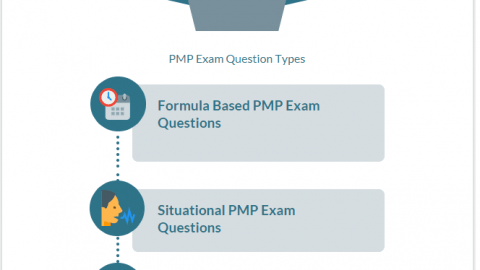
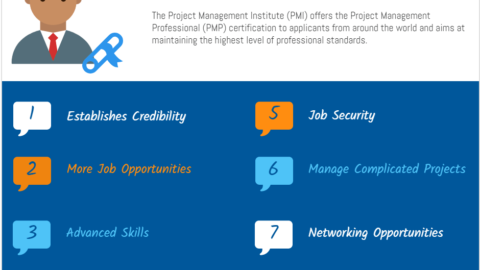

A skillful Project Sponsor needs to be observing the project well and he/she needs to have needed skills for the business to meet the expectations.
a Project Sponsor is one of the most important peoples of the project
Great post! As a project manager, I completely agree with your definition of a project sponsor. The role of a sponsor is often overlooked, but it’s crucial for the success of a project. I’ve found that having a dedicated sponsor can help provide the necessary direction and support to keep the project on track. Grateful for the insights!